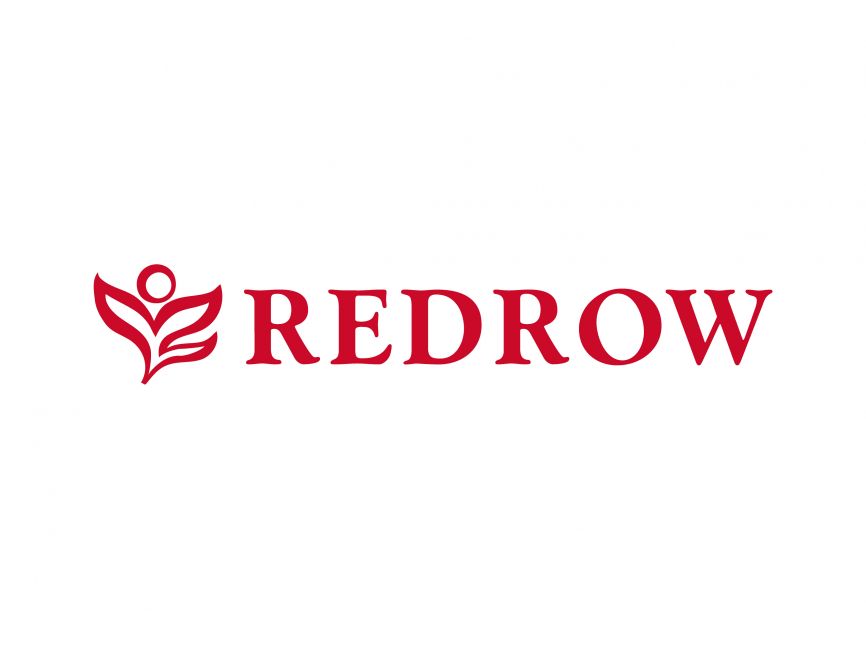 The perception of the construction sector as a ‘boys only club’ is gradually diminishing, according to recent research. A study found that 66% of younger women now express their willingness to consider working in construction or are already employed in the sector, a significant increase from 17% in 2023.
The perception of the construction sector as a ‘boys only club’ is gradually diminishing, according to recent research. A study found that 66% of younger women now express their willingness to consider working in construction or are already employed in the sector, a significant increase from 17% in 2023.
Simultaneously, a campaign has been launched to ensure that women entering the building and construction industries have access to gender-appropriate personal protective equipment (PPE). This addresses the urgent need for suitable clothing for female workers.
In 2020, 44% of young people believed that a career in construction was predominantly male-dominated. By 2024, this perception had decreased to 39%, with nearly a third (32%) of those surveyed indicating they had considered a career in construction.
A survey of 1,000 young adults conducted by housebuilder Redrow revealed that young women were primarily attracted by the competitive salaries offered (39%), the prospect of a long-term career (26%), and the opportunity to establish their own business later on (25%). The rise in women entering the sector was partly attributed to an increase in female role models. Redrow stated that 42% of women surveyed aspire to work for a company with female or LGBTQ leaders.
The analysis found that apprenticeships were considered a viable route into the sector, with 41% of 16 to 24-year-olds associating apprenticeships with the ability to earn while studying and avoid incurring student debt.
Darryl Stewart, responsible for the National House Building Council’s apprentice training programmes and hubs, commented on the challenges faced by the industry in recruiting people, emphasising the need to encourage individuals from diverse backgrounds to join the sector.
One significant barrier faced by women in the sector is the lack of purpose-designed PPE. To address this, the Chartered Institute of Building (CIOB) has launched the #PPEthatfits campaign. The initiative aims to raise awareness about the scarcity of inclusive PPE in the market, impacting on-site health and safety and hindering the industry’s ability to attract and retain a more diverse workforce.
The campaign calls on suppliers to provide appropriate PPE, urges manufacturers to create PPE that fits, and encourages the development of new BSI standards accommodating gender, religious, and cultural considerations. The campaign also features a directory of suppliers offering PPE for women.
CIOB president Sandi Rhys Jones highlighted the importance of such PPE for women, emphasising inclusivity. Helen Gawor, director of strategy and innovation at construction firm ISG, stressed the “lack of understanding” regarding why women need adequate PPE, emphasising that it is not just about aesthetics and comfort but also safety.
Responding to the campaign, the Considerate Constructors Scheme, which monitors sites across the UK, has adopted inclusive PPE for women. New BSI standards covering PPE for women are reportedly in progress, with a focus on driving progress in this area. Stephanie Eynon, head of standards-makers engagement and inclusion at BSI, expressed the opportunity to bring about positive change that benefits individuals, organisations, and society.

